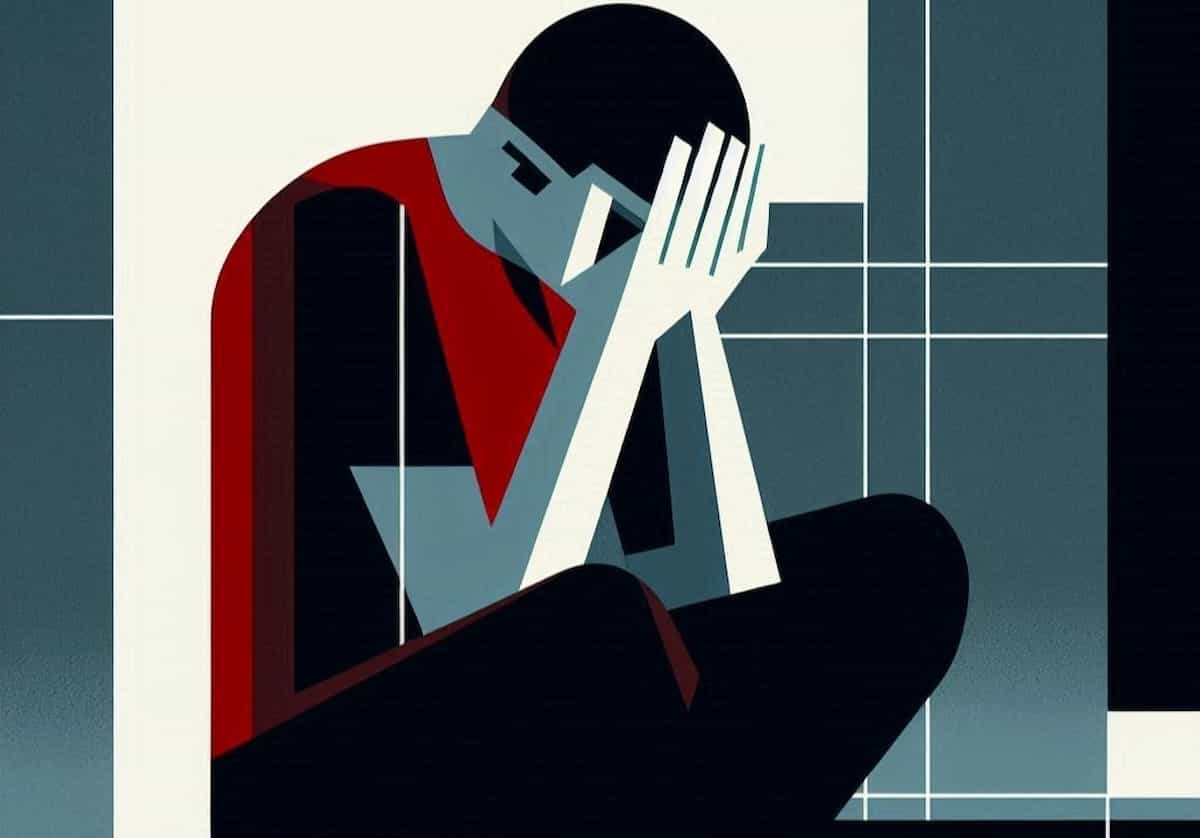Long-term depression needs a new type of treatment.
Persistent depression changes the brain over the years.
The longer people are depressed without receiving treatment, the more their brains become inflamed.
The study suggests that people who have been depressed for a long time need a different type of treatment — one that unfortunately doesn’t yet exist.
Despite this, people with depression are usually treated in the same way, no matter how long they have been suffering.
The findings come from the same team that was the first to confirm that the brain does indeed become inflamed in clinical depression.
Dr Jeff Meyer, who led the study, explained that inflammation has also been linked to neurodegenerative diseases:
“Greater inflammation in the brain is a common response with degenerative brain diseases as they progress, such as with Alzheimer’s disease and Parkinson’s disease.”
The study found that people who have experienced depression for over 10 years without treatment have higher levels of a translocator protein that is a marker of depression.
Unfortunately, current treatments do not target brain inflammation, although they are being developed.
Depression also follows different courses.
Some people’s depression comes and goes over the years, while others have more continuous, persistent periods of depression.
There is relatively little evidence about how to treat people who have been depressed for long periods of time or what happens in their brains.
The study was published in the journal The Lancet Psychiatry (Setiawan et al., 2018).

